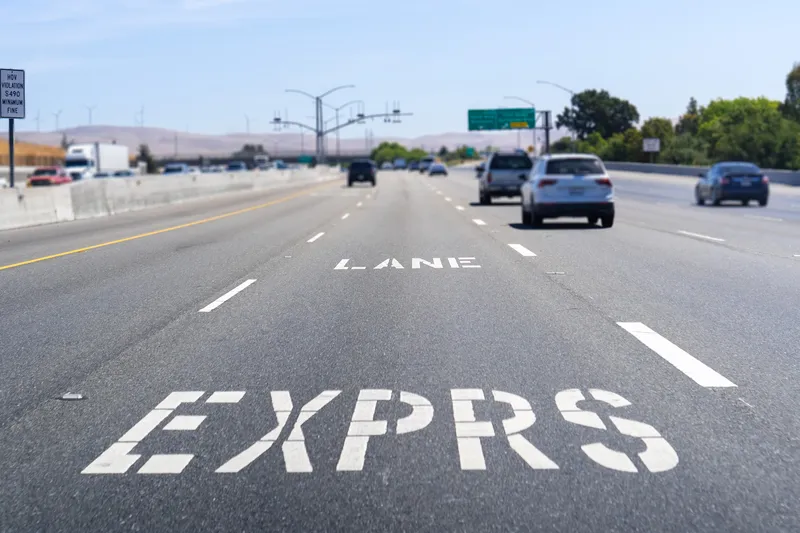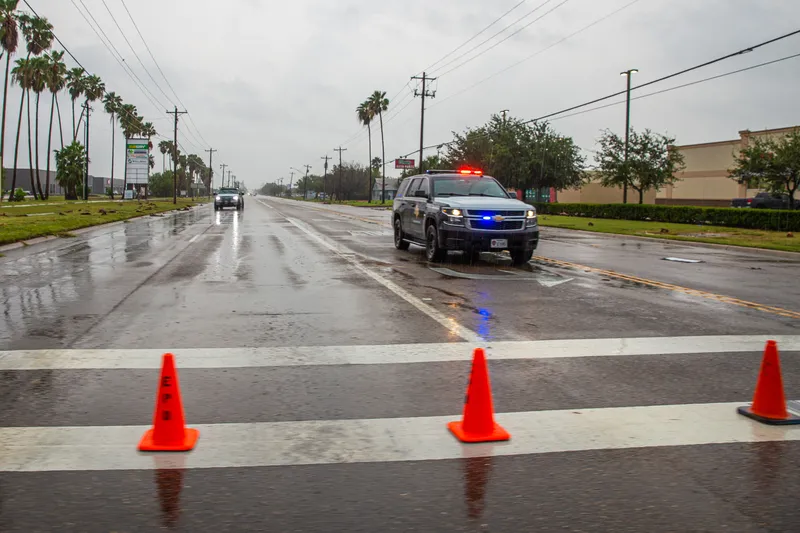Houston’s Metropolitan Transit Authority of Harris County (Metro) working with prime contractor TransCore has commissioned the first of five reversible high occupancy toll (HOT) lane corridors. One of the most substantial undertakings of its kind to date in the United States, Metro’s conversion of high occupancy vehicle (HOV) lanes to HOT lanes will increase utilization of the HOV system and subsequently relieve congestion in the general purpose freeway lanes. When completed, the programme will span 135kms
June 19, 2012
Read time: 2 mins
Houston’s Metropolitan Transit Authority of Harris County (Metro) working with prime contractor 139 Transcore has commissioned the first of five reversible high occupancy toll (HOT) lane corridors. One of the most substantial undertakings of its kind to date in the United States, Metro’s conversion of high occupancy vehicle (HOV) lanes to HOT lanes will increase utilization of the HOV system and subsequently relieve congestion in the general purpose freeway lanes.
When completed, the programme will span 135kms throughout Houston, the fourth largest city in the United States and the largest city in Texas. The IH-45 South Gulf Freeway is the first corridor in Metro’s HOV network to undergo the transformation with construction of the remaining US 59 South, IH-45 North, US 290 and US 59 North corridors to be completed by the end of 2012.
The HOT lanes will now be reversed from the inbound to outbound direction using a new automated reversible gate operation (ARGO) system that was deployed as part of the conversion effort. The ARGO system is an industry first of-its-kind and size, allowing Metro to remotely monitor and efficiently control access and egress throughout the entire HOT network from the area’s multi-agency traffic management centre,61 Houston Transtar.
In addition to serving as the prime contractor for the system design and installation of the HOT and ARGO systems, TransCore is also contracted to provide turnkey lane, roadway, and back office operation and maintenance services for the two systems over the next six years.
When completed, the programme will span 135kms throughout Houston, the fourth largest city in the United States and the largest city in Texas. The IH-45 South Gulf Freeway is the first corridor in Metro’s HOV network to undergo the transformation with construction of the remaining US 59 South, IH-45 North, US 290 and US 59 North corridors to be completed by the end of 2012.
The HOT lanes will now be reversed from the inbound to outbound direction using a new automated reversible gate operation (ARGO) system that was deployed as part of the conversion effort. The ARGO system is an industry first of-its-kind and size, allowing Metro to remotely monitor and efficiently control access and egress throughout the entire HOT network from the area’s multi-agency traffic management centre,
In addition to serving as the prime contractor for the system design and installation of the HOT and ARGO systems, TransCore is also contracted to provide turnkey lane, roadway, and back office operation and maintenance services for the two systems over the next six years.









